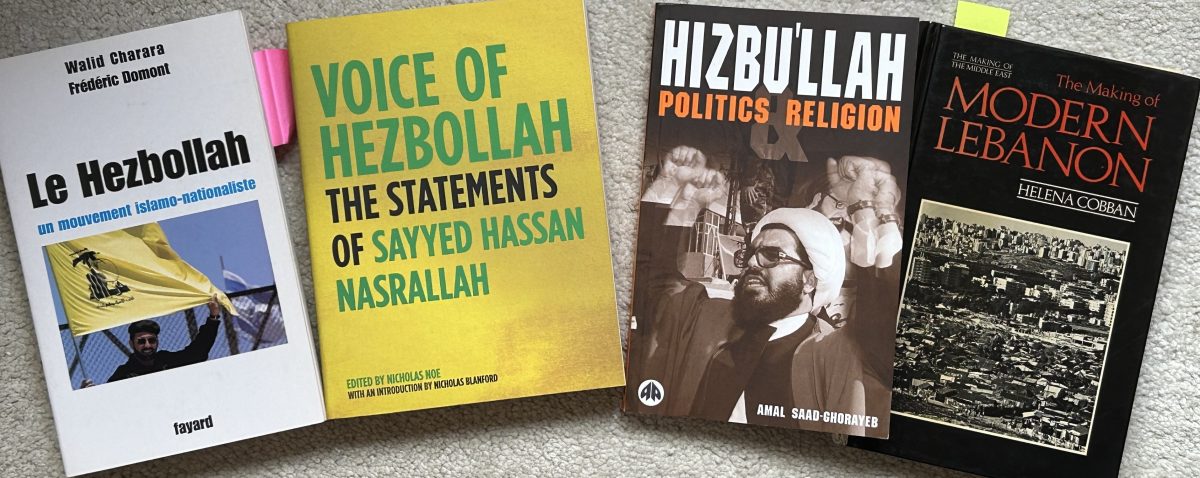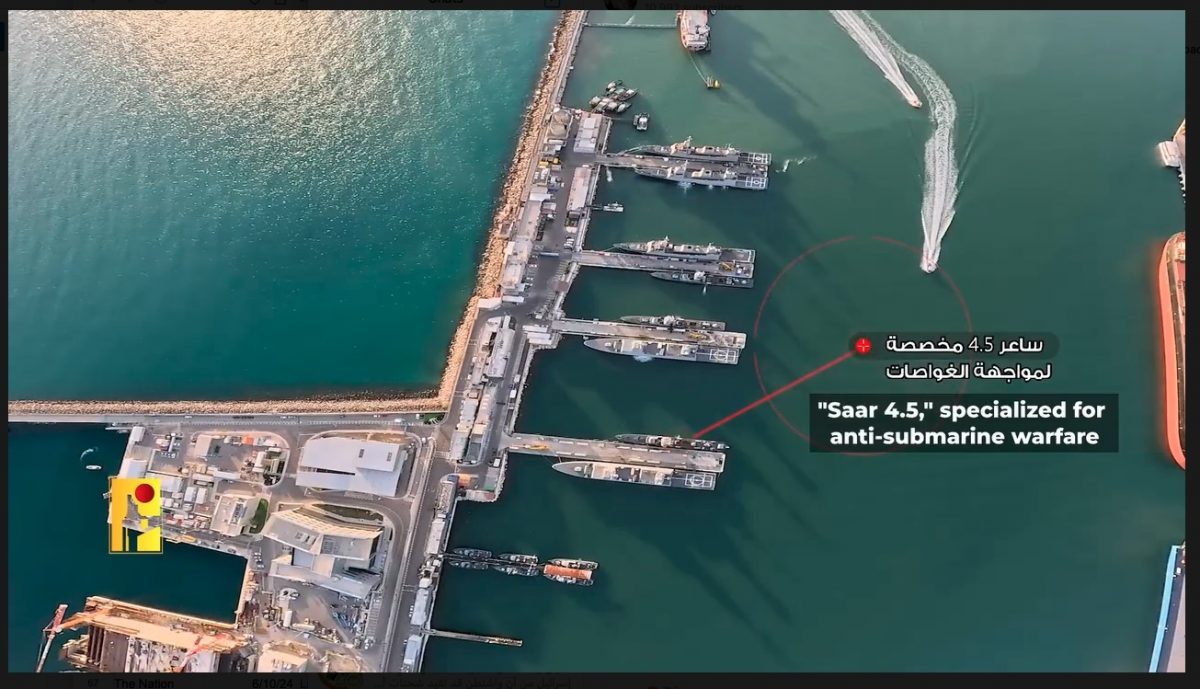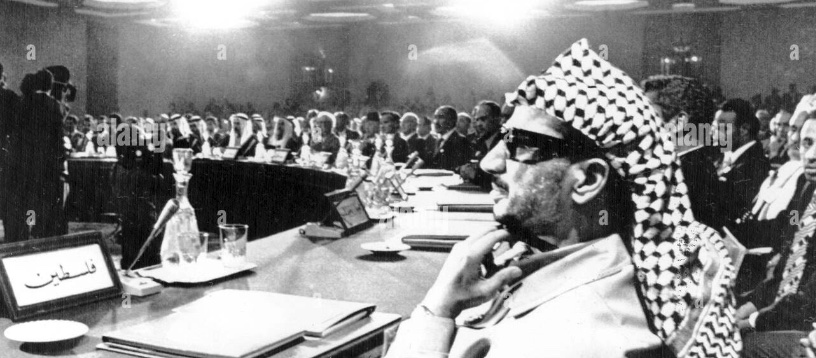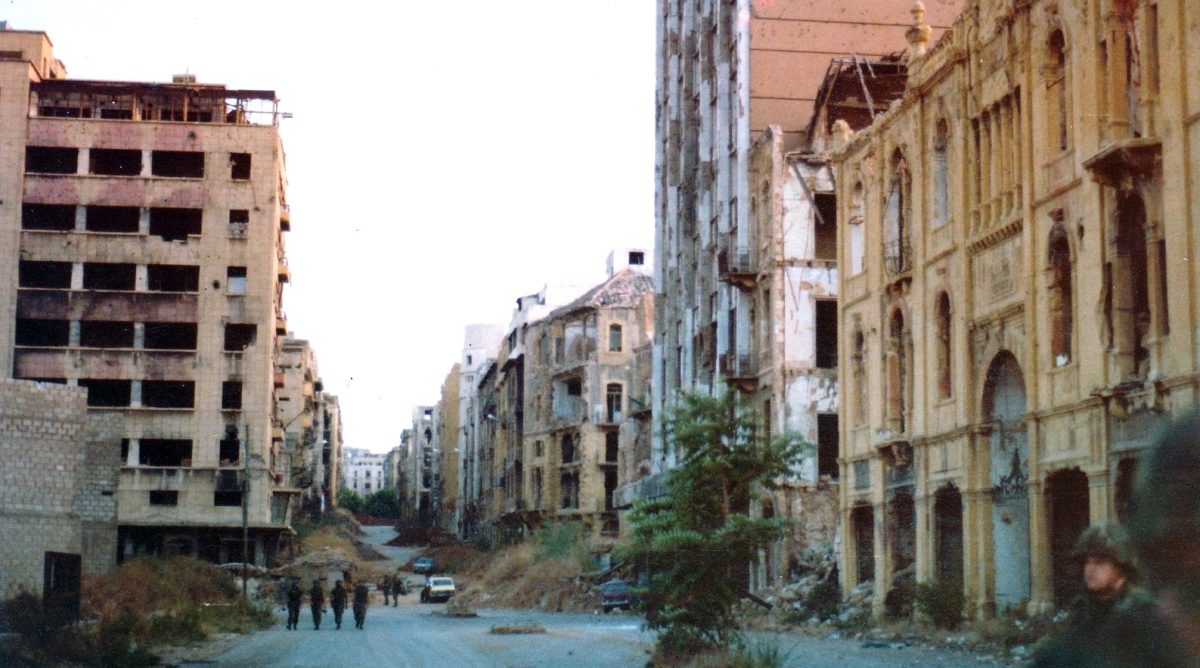There is so much to be said about the horrrendous escalations that Netanyahu’s government and military have been undertaking in Lebanon since the grotesque, booby-trapped pager attack they launched September 17. First, my deepest condolences to all those families, individuals, and communities devastated by these escalations. (Those impacted by them do include many Israelis caught in Hizbullah’s blowback to Netanyahu’s escalations. But the carnage on the Lebanese side thus far seems to have been far, far more serious and widespread.)
Prior to September 17, there was a precarious balance of deterrent terror between Israel and Hizbullah– one that the Hizb had established back in 2006 when it successfully and speedily cleaned the Israeli military’s clock as the outcome of Israel’s last major escalation in Lebanon. But clearly, in the lead-up to last week’s “pager attack” and the other escalations that speedily followed it, Netanyahu had taken a decision to majorly upset that deterrent balance.
Sec0nd, it’s worth noting that Netanyahu’s decision(s) to escalate at this point came in the context of the political battles he has been fighting both at home, and internationally– primarily to avoid being held accountable for the numerous, very serious domestic-political and laws-of-war violations for which he is responsible.
Also worth noting: the ease with which Netanyahu has brushed aside– in Lebanon as in Gaza– any attempt by Joe Biden to be even a minimally effective “mediator” in these conflicts.
American “mediation” is now seen worldwide as a cracked and empty vessel.
…Since people in the “West” do not know much about Hizbullah except what they are told by the corporate media, I thought it worthwhile to dig back through some of the books on the topic — and some of my own writings on the topic–that I’ve found useful over the years.
Continue reading “Israel’s deadly escalations in Lebanon & their background”



